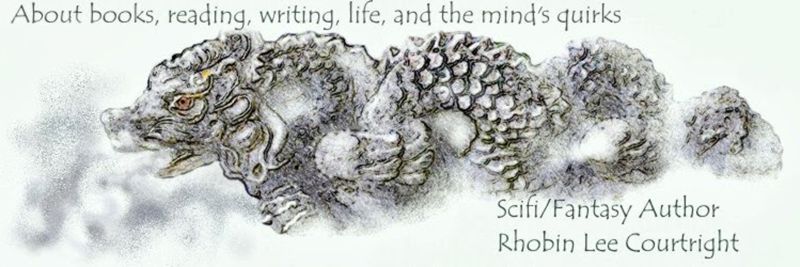 |
Sum4u [Creative Commons] |
Another huge change is how digital electronics are taking over communication, media, and life.
And now we are now learning amazing things about other living organisms in this world (Tomatoes can emit ultrasonic screams when wounded; are they communicating?), and how intelligent elephants and octopus are (9 brains!). At the same time, we still don't know how some of our recent changes will affect other world's lifeforms, such as our plethora of cell towers emitting unseen microwave radiation. We ignored the effects plastics might have, and now have too much of it everywhere.
 While I want to be optimistic, I have a great sense of pessimism at willful human ignorance. Yet the inclusion of these changes in fiction writing can have broad and often positive effects. Depending on the genre, the absence or inclusion of this knowledge will affect story-telling. How could it not? The time when a story is written often inherently marks it, whether the author means their writing to do so or not. This is because everyone's mindset is trapped in their own time's reality of mores, manners, and living styles, and the characters they develop often inadvertently expose these.
While I want to be optimistic, I have a great sense of pessimism at willful human ignorance. Yet the inclusion of these changes in fiction writing can have broad and often positive effects. Depending on the genre, the absence or inclusion of this knowledge will affect story-telling. How could it not? The time when a story is written often inherently marks it, whether the author means their writing to do so or not. This is because everyone's mindset is trapped in their own time's reality of mores, manners, and living styles, and the characters they develop often inadvertently expose these.This is how I think fiction changes our world:
1) Most fiction shows people have not changed in thousands of years but have coped through dangerous times.
I think all genres provide reading pleasure but also provide insight and can incite readers to action. While historical novels try to show life and happenings in a particular period, those written by contemporary authors let aspects of modern mores often trickle in. The same is true of novels cast in the far future. This provides interesting results in both genres and also allows the reader to empathize with the characters. Change has always been inevitable. Today's society faces many uncertainties, including overpopulation which affects the Earth's limited resources. That is one of my pessimist's thoughts. Here is my optimism: Human have faced near extinction before and survived. We are smarter (maybe a dangerous mix of some too smart and some too ignorant) so we might come to a universal accord on how to deal with today's changing world. We might survive. Fiction has already predicted this but usually after a long, dangerous interval in many apocalyptic stories.
2) Most fiction gives readers insight and hope about social trends.
While historicals often explain past events, they also give a reader some insight into what the world was like without all the advances of technology. I would certainly believe the violence and shooting during the past decades in schools and businesses might effect mystery novels. It could be an important topic in contemporary romance, too, as to how it affects those involved. While fiction could help inform readers on the ways to avoid detection in malfeasance, it could do the opposite and discover the criminal. This could be true as in the last two years, DNA has identified murderers involved in decades-old crimes. It's a strange world.
3) Fiction has predicted and inspired change.
The ideas created in science fiction have affected our world. Who would have guessed how Star Trek changed the world from sliding doors to personal computers (and more)? Yes I know, Star Trek was a TV show, but it was fiction and writers wrote the scripts. There are many articles on this, I tried to choose a source with some authority. And fans are still thinking about the series. One trek fan predicts how the world can proceed without money. His article even drew praise from economists, so it could have future effects.
4) Fiction can open minds to accepting different cultures, societal changes, and issues.
Open-mindedness about gender and sexuality has changed and it has been predicted in fiction, perhaps fiction even helped develop the change. Digital communications have changed romance. These changes will infiltrate contemporary fiction. And our contemporary fiction is always evolving into historical fiction.
~*~
Read these authors take on how contemporary fiction deals with our rapidly changing world:



